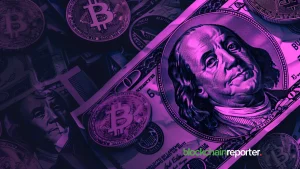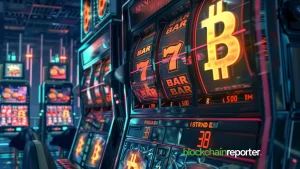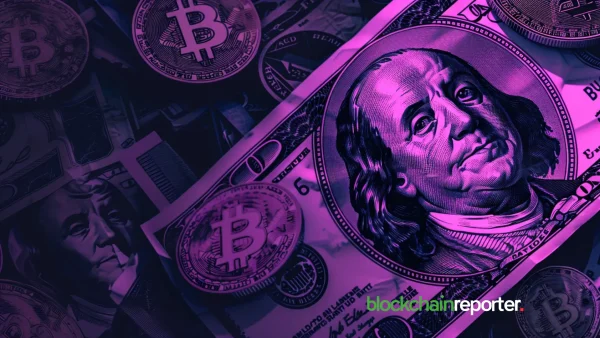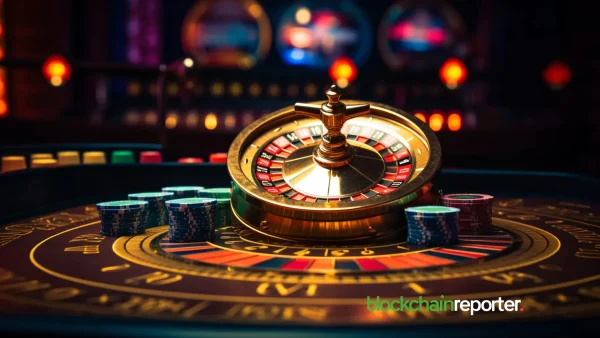
According to a South Korean news outlet, the Financial Intelligence Unit (FIU) has launched an investigation into Delio, a leading crypto lending platform. The probe was initiated following Delio’s sudden suspension of withdrawals, a move that has sent shockwaves across the crypto community and raised questions about the platform’s operations.
FIU Assigned 10 Officers To Conduct A Centralized Investigation
Just three weeks after Delio, South Korea’s leading virtual asset deposit and management service provider, halted customer withdrawals, financial authorities have initiated a comprehensive investigation. Critics argue that the authorities, who previously claimed such matters were ‘beyond their jurisdiction’, have now shifted their stance, labeling it a ‘retroactive measure’.
On July 6th, according to government and industry sources, the Financial Intelligence Unit (FIU) under the Financial Services Commission deployed approximately ten personnel to Delio starting from July 3rd for an in-depth inspection. Delio is a registered virtual asset service provider (VASP), certified by the Financial Services Commission for the transfer, storage, and management of virtual assets.
Delio offered a deposit service that promised an annual interest rate of over 10% for deposits in bitcoins and other cryptocurrencies. However, in a surprising move last month on the 14th, the platform abruptly suspended customer withdrawals.
An official from the Financial Services Commission commented on the investigation, stating, “We are examining whether there have been any breaches of anti-money laundering regulations under the Specified Financial Information Act.” However, it is understood that, in reality, the entire scope of Delio’s operations is under scrutiny. This has led to suggestions that the authorities have belatedly identified issues with Delio’s wallet (storage) service, ‘Volt’.
The ‘Volt’ service is akin to a commercial bank’s freely accessible deposit and withdrawal account. To avail of Delio’s deposit product, users must first deposit coins into the ‘Volt’. The suspension of withdrawals was implemented in the ‘Volt’, affecting not only deposit users but also basic wallet users, preventing them from making withdrawals. One investor claimed that “around 30% of the victims are simple wallet users” and argued that “the authorities who granted VASP to Delio’s storage business also bear some responsibility.”
Delio Is In Hot Water
Recent turbulence has swept through the South Korean cryptocurrency landscape as Delio, the nation’s leading cryptocurrency lending behemoth, comes under the microscope. The Financial Services Commission (FSC), South Korea’s financial regulatory authority, has reportedly embarked on a probe into the company’s operations amid allegations of fraudulent activities, misappropriation of funds, and breach of trust.
At an exceptional meeting with investors held on June 17, Delio’s CEO, Jung Sang-ho, assured that the company would recommence withdrawals, although a specific timeline was not provided. Subsequently, on June 27, the firm initiated the process of allowing withdrawals for a segment of its staking services.
However, it is to be noted that Delio had transferred all of its digital assets, valued at roughly $7 million in cryptocurrency, mere hours before it halted deposits and withdrawals on its platform. Delio suspended deposits and withdrawals on June 14, but according to a local news report, the crypto lending company had allegedly relocated all of its virtual assets, valued at 9.2 billion won or approximately $7 million, just hours before this announcement.
Critics have pointed out that the FIU’s lack of action against Delio’s irregular operations, including a low-interest rate management product offering a 3% annual return to wallet users since June of the previous year, represents poor management and supervision. This is particularly notable given that this occurred a year after Delio first received its VASP.
Dong-Hwan Kim, an attorney at D’Light Law Firm, stated, “Businesses such as deposits, non-fungible tokens (NFTs), and decentralized finance (DeFi), which are not specified by the Special Financial Transactions Act, are also included in the business plan when reporting VASP.” He added, “The authorities had ample opportunities to review the changes in Delio’s services.”









